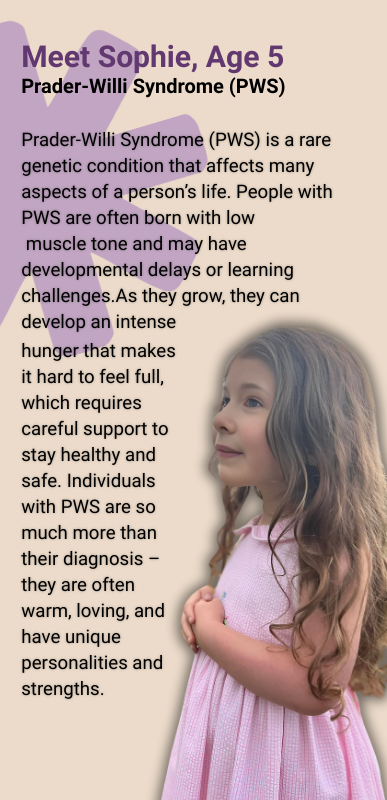EPSDT waiver
Early and Periodic Screening, Diagnostic, and Treatment
EPSDT is a Medicaid program designed to ensure that children receive comprehensive and preventive health care services. In Virginia, the EPSDT program focuses on early detection and intervention for health concerns to promote healthy development.
To receive EPSDT services, an individual must meet eligibility requirements, and a “slot” must be available. A slot refers to the opportunity for a single individual to access EPSDT services, with only one slot assigned per recipient. The number of slots is limited by the availability of Medicaid funding for EPSDT services.
The EPSDT program is a vital part of Virginia’s Medicaid system, dedicated to providing children with health care tailored to their developmental needs, supporting improved long-term health outcomes.
Key Components of EPSDT
Early Screening: EPSDT provides regular screenings for medical, dental, vision, and hearing at prescribed intervals. These screenings help identify health issues early, when they are more easily treated.
Preventive Care: The program emphasizes preventive care, including immunizations and routine check-ups, to keep children healthy.
Diagnosis and Treatment: If screenings reveal any health concerns, EPSDT ensures prompt access to diagnostic tests and necessary treatments, including therapies and specialized medical care.
Comprehensive Services: EPSDT covers a wide range of services beyond standard Medicaid benefits. If a screening identifies additional needs, such as behavioral health services, those are also covered.
Age Range: EPSDT is available for children from birth through age 20 who are enrolled in Medicaid. Services typically end when the child turns 21.
Family Involvement: Parents and guardians play an active role by participating in screenings and following up on recommended care.
What to expect when applying for the EPSDT Program:
Your doctor (primary care physician, physician’s assistant, or nurse practitioner) will need to complete a DMAS-7 form. Please make an appointment with your doctor to discuss this form.
The DMAS-7 requires information on medical necessity, including:
- Medical diagnoses
- Activities of Daily Living (ADLs)
- Bathing (Not applicable for children under 5 years)
- Dressing (Not applicable for children under 5 years)
- Transferring (Not applicable for children under 3 years)
- Eating/feeding (Not applicable for children under 5 years)
- Continence/toileting (Not applicable for children under 5 years)
- Ambulation (Not applicable for children under 3 years)
- Instrumental Activities of Daily Living (IADLs)
- Meal preparation (Not applicable for children under 18 years)
- House cleaning (Not applicable for children under 18 years)
- Grocery shopping (Not applicable for children under 18 years)
- Transportation (Not applicable for children under 18 years)
Important: Your PCP will need to supply a schedule and specify the amount of hours per day required above their signature on the DMAS-7 form. If you have a specific schedule to follow, please discuss it with your PCP to ensure it is added correctly.
You can download a blank DMAS-7 form here: DMAS-7 Physician Certification Form (PDF)
EPSDT Eligibility Criteria

